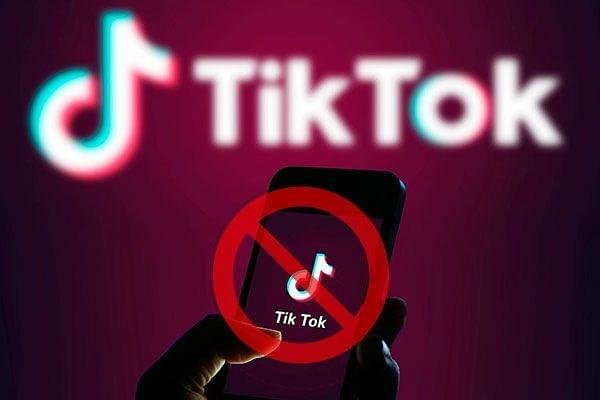An upcoming bill in senate has increased the chances of a national TikTok ban

Tiktok is just another video streaming app that is busy suggesting videos to its users all day long. But this simple video app feels like a threat to the US and Canadian governments. They depict it as a security threat, maybe because it is Chinese-based. In recent events, these governing bodies have restricted their users from having this application on their devices after some rumors’ about spying on journalists. Following these incidents, there is a chance it will be banned nationally. This expectation spikes as Trump’s administration takes a tougher stance against the Chinese government. The news is that a powerful senator is openly considering such a ban.
As told by Democrat Mark Warner, chair of the senate committee, to Fox News Sunday, they are planning to launch a bill in coordination with Republican Senator John Thune that will present an infrastructure to either impose a ban or restrict foreign-associated technologies.
As asked about being TikTok as one among the list, reply to which he showed a possibility for.
As we talked about the daily usage of the app, Warner accused the application of stealing people’s data and mishandling it.
Senior senator Virginia talked about the roaming of ideological content along with propaganda on applications. This latest bill already has the support of early bipartisanship.
A vote was held in the US House of Foreign Affairs to send it to President Joe Biden, who would then take a step towards banning application at his discretion.
TikTok’s parent company, ByteDance, has made several attempts to prevent all this controversy, but all in vain. They also offered a transparency deal for higher-ups to closely observe the application, but that wasn’t enough to get them convinced. Both of these governing bodies are at the point where they should restrict this app as soon as possible.
Ning Mao, a foreign ministry spokesman, criticized these governing bodies, highlighting their fear of just one of the favorite applications of American people.
We hope that there will be alternatives from the American people if this ban is actually imposed.
RS News or Research Snipers focuses on technology news with a special focus on mobile technology, tech companies, and the latest trends in the technology industry. RS news has vast experience in covering the latest stories in technology.












